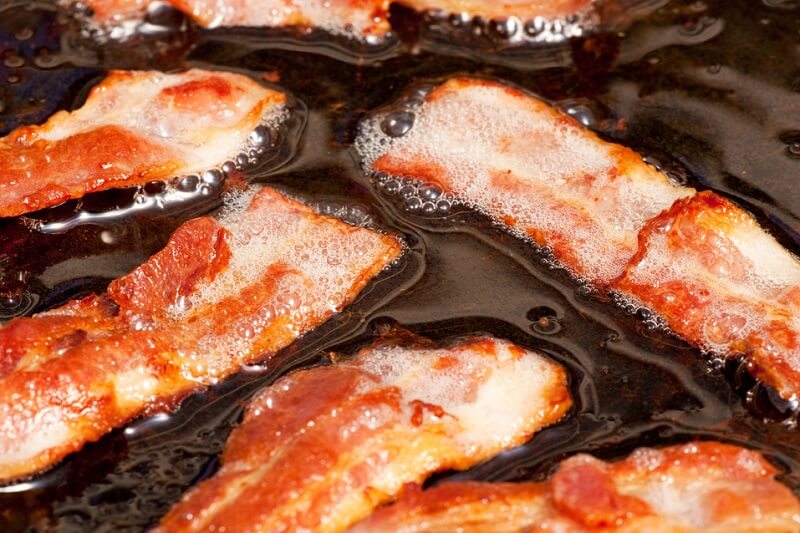Properly disposing of grease and fat is not only essential for maintaining a clean kitchen but also plays a crucial role in environmental conservation. Improper disposal can lead to clogged pipes, sewer backups, and adverse effects on ecosystems. In this blog, we will explore responsible methods to dispose of grease and fat, ensuring both the functionality of your Hamilton plumbing and the well-being of the environment.
Avoid Pouring Grease Down the Drain
Pouring grease down the sink might seem convenient, but it can result in serious plumbing issues. As grease cools, it solidifies and can create blockages in pipes, leading to expensive repairs. This can also result in long-term sewer backups. It is important to educate yourself on how you can prevent a sewer backup to avoid serious problems. Instead, let the grease cool in a container and dispose of it properly.
Collect Grease in a Container
After cooking, allow the grease to cool and solidify. Use a heat-resistant container to collect the solidified grease. This can be an old coffee can or a designated grease container with a lid to prevent spills. To avoid smells, you can store partially filled containers of grease in the freezer until you are ready to dispose of it.
Scrape Plates Before Washing
Before washing dirty plates, pots or pans containing grease, scrape off or pour off excess room temperature grease and fat into the trash or green bin. Follow up by wiping the pan with a paper towel, which can also be tossed into your green bin or trash. This simple step reduces the amount of grease entering the wastewater system, minimizing the risk of clogs and backups.
In Hamilton, small amounts of cooking grease can be put into the green bin. If the grease is solid at room temperature, you can add it directly to the green bin. If the grease is liquid, small amounts can be poured over food scraps and added to the green bin. Keep in mind the outside temperature, as hot summer days will often turn most cooking oils liquid.
Cooking grease that has been wiped up with a paper towel can also be added to the green bin in Hamilton.
Reuse or Recycle Cooking Oil
If the grease is still in liquid form and can be reused, consider storing it in a sealed container for future use. Alternatively, some areas have recycling programs for used cooking oil. Check with your local waste management facility for guidelines on proper disposal.
Hamilton’s community recycling centres will accept 500 mL to 40 L of liquid grease.
Use Fat Traps or Grease Interceptors
For commercial kitchens or households dealing with large quantities of grease, installing a grease trap or interceptor is a prudent solution. These devices capture grease before it enters the drainage system, preventing blockages and environmental harm.
Dispose of Solidified Grease Properly
Once your container is filled with solidified grease, seal it tightly and dispose of it in the regular trash. Avoid throwing the container with liquid grease into the trash, as it may leak and cause environmental contamination.
Contact Wentworth Plumbing Today!
Properly disposing of grease and fat is a small yet impactful step towards environmental responsibility. By not pouring grease down the sink, you’ll also save yourself the headaches of dealing with expensive plumbing issues. Contact us today to discuss the best approaches to maintaining the integrity of your Hamilton home’s plumbing infrastructure.

